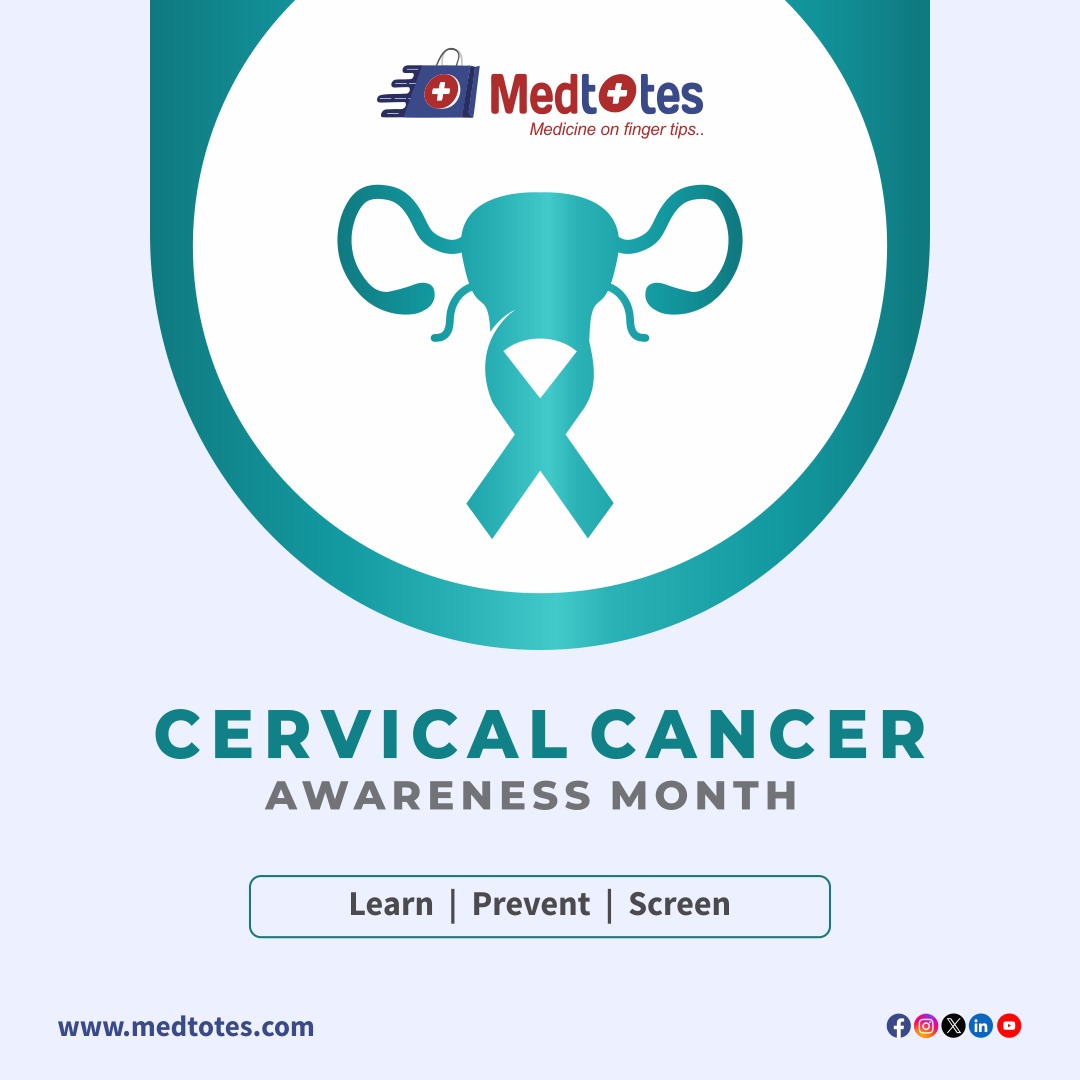INTRODUCTION
Cervical cancer remains a global health concern, affecting women worldwide. Despite advancements, it continues to impact women. Awareness and early detection can significantly prevent and treat this disease. This blog emphasizes the importance of awareness, prevention, and regular screenings for cervical cancer.
UNDERSTANDING CERVICAL CANCER
Cervical cancer is a medical condition caused by persistent infection with high-risk strains of the human papillomavirus (HPV) that results in abnormal cell development in the cervix. Although many cases resolve on their own, if left untreated, they can develop into cervical cancer.
RISK FACTOR
- HPV Infection: High-risk HPV infections are the primary risk factor for cervical cancer, and managing this through safe sex, vaccination, and regular check-ups can significantly reduce the risk.
- Smoking: Women who smoke are more likely to develop cervical cancer. Quitting smoking improves general health and lowers the chance of cervical cancer.
- Weakened Immune System: Individuals with compromised immune systems, whether as a result of HIV or immunosuppressive medicines, are more vulnerable to HPV infections that progress to cervical cancer.
IMPORTANCE OF CERVICAL CANCER
- Early detection saves lives: Regular screenings, including pap smears and HPV tests, are critical to early detection. Detecting anomalies in the cervix at an early stage allows for successful therapy and dramatically improves results.
- Vaccination against HPV: Vaccination against HPV is an effective prophylactic measure, especially when provided before sexual activity begins. Education initiatives advocating the HPV vaccine can help reduce cervical cancer cases worldwide.
- Breaking Down Cultural Taboos and Stigmas: An open discourse about cervical cancer helps to break down cultural taboos and stigmas around women’s health. Encouragement of conversations about reproductive health and regular check-ups promotes a supportive environment for women to prioritize their well-being.
- Access to Healthcare: Promoting access to healthcare services is crucial for cervical cancer prevention, particularly in underprivileged areas. Outreach programs, mobile clinics, and educational activities can help to close the gap and guarantee that all women receive exams and vaccines.
CONCLUSION
Cervical cancer awareness is crucial for women’s health worldwide. Education, early detection, and healthcare access can reduce prevalence and empower women. Joining hands in spreading awareness and breaking barriers can create a world where cervical cancer is not only treatable but preventable.

